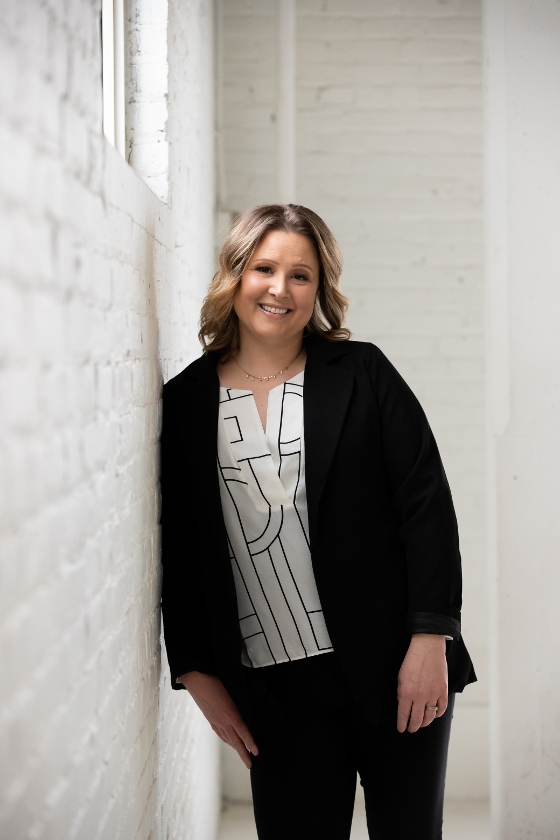In recent times, minimalism has gained popularity as a lifestyle choice. Practicing minimalism involves using only items that serve a specific purpose and living a simpler life. I have always aspired to adopt a minimalist lifestyle, but it has proven to be more challenging for me than I initially anticipated. Nonetheless, I am still committed to downsizing the excess clutter and achieving the goal of minimal living - eventually.
Whether it is clothes, books, shoes, kitchen gadgets, kid’s toys, or any other assortment of items, a lot of individuals lead cluttered lives, without even being aware of it. A lot of people can become overwhelmed, me included, with their possessions and overspending on unnecessary items. By creating a stable, sensible and achievable budget, you can effectively eliminate unnecessary items and potentially reduce stress and anxiety. There are various free apps to help you stay on top of your minimalist budget, or if you prefer a traditional approach, excel is still an excellent tool to use.
I have compiled some helpful tips and tricks that can help kickstart the journey towards minimalism, as well as highlight the benefits of this lifestyle.
Five Steps to Get Started Today!
- Reduce/eliminate: An essential aspect of minimalism is reducing the excess items that are not necessary, to simplify declutter (I find it most challenging to accomplish this particular step). Start by going room by room and begin distinguishing what serves a purpose in your life and what doesn't. Afterward, assess how you can eliminate items that don't contribute value to your life, and dispose of them accordingly. Easier said than done in my opinion.
- Invest in quality instead of quantity: Minimalism isn't about avoiding shopping altogether; it's about being purposeful with what you buy. When you require new items, such as running shoes or winter jackets, kitchen appliances/gadgets, choose high-quality pieces that will endure over time. While a larger initial cost may not be ideal, you'll likely save money in the future by reducing frequent purchases. This also helps with reducing waste/pollution.
- Everything needs a place: I will admit this is my favourite step and I do it often – organize! However, what makes it challenging is my husband is the opposite. He would prefer to have everything in one spot. Anyone else in this situation? So, after you have completed step one (reduce/eliminate), designate a specific spot for each item. Utilize storage containers and organizational tools to help store everything you need. If you can't find a suitable location for some of your extra items, it might be worth reconsidering whether you need to keep them. As your minimalist environment takes shape, take responsibility for putting away items once you’ve finished using them. I’m working on this step with my four-year-old, how do you think it’s going?
- Reusable items are key: As you begin to simplify your living space, contemplate which items you can repurpose. A few easy alterations: exchange disposable water bottles for a reusable bottle, use containers to store food instead of plastic bags or plastic wrap. Additionally, consider bringing your own reusable coffee cup with you, if you’re a frequent coffee drinker.
- One in, one out: The principle of "one in, one out" applies not only to clothing, toys, or kitchen gadgets but also to other possessions. Whenever you acquire a new item, let go of an older one. This approach is a helpful guideline to keep your belongings organized and your living space clutter-free. I really like this step however have yet to utilize it – #2023goals
There are vast benefits of minimal living but the ones that motivate me most:
- Less stress: This is a significant aspect for me personally. I dislike having clutter scattered around and prefer a neat and organized home. Living in a minimalist home can bring a significant reduction in stress levels. The freedom to move around and appreciate your living space can relieve a significant burden.
- Spend less, save more: Opting to collect only the essentials can lead to financial liberty. Reducing expenditure on unnecessary items will lower your financial expenses and boost your savings.
- Eco-friendly: the truth is that most people consume significantly more than what is necessary. This society is characterized by excess, where it’s common to have closets overflowing with unworn clothes and cabinets filled with single-use plastics. The idea of overconsumption does have an impact on the environment, like depletion of resources and increased pollution.

#AgentAmy
Amy McDermid
Phone: (204) 470-5356
Email: Amy@JenniferQueen.com




-587-wide.jpg)







Comments:
Post Your Comment: